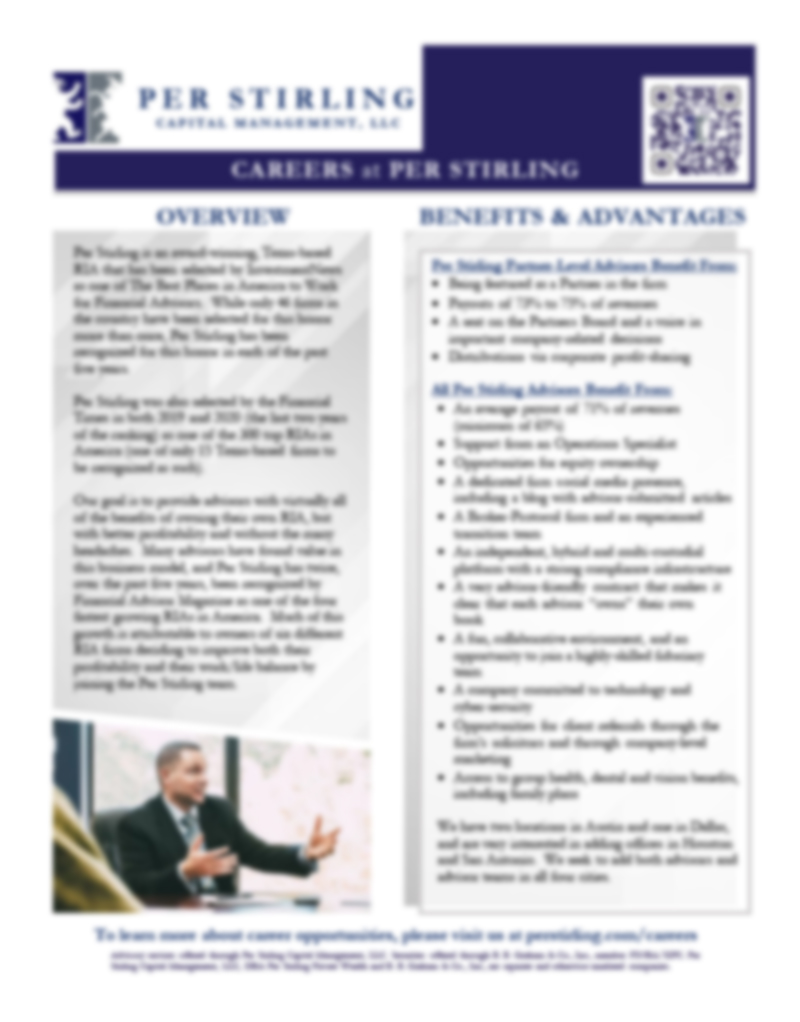18
AprilThoughts: Start Money Conversations with your Children
Of course, as a Financial Advisor, I believe that instilling positive financial habits in our children from a young age is crucial for their long-term financial well-being. In fact, I was recently asked by a friend & client for some resources to educate their children.
First and foremost, lead by example and maintain an open dialogue. In my opinion, your actions and attitudes towards money significantly influence your children’s perceptions and behaviors. Involve them in age-appropriate discussions about budgeting, saving, and responsible spending. Encourage them to set financial goals, such as saving for a special purchase or contributing to a college fund. You could even nudge them to earn income by doing household chores, babysitting, or tutoring younger students. By earning their own money, they’ll develop a deeper understanding of the value of hard work and responsibility.
A great hands-on project for the summer is involving your children in planning a family vacation. Task them with researching potential destinations, comparing transportation and accommodation costs, and creating a detailed budget that includes expenses for meals, activities, and souvenirs. Have them present the options to the entire family; encourage collaboration to make trade-offs and prioritize spending to stay within budget constraints. Our older two did this activity as part of their school projects, but also for a recent family trip. Not only did they acquire practical skills, but they also had a vested interest in the trip’s success, making it one of our most memorable and enjoyable experiences.
For older kids (high school age), the Million Bazillion podcast and its Million Bazillion Academy have been great in stimulating conversations on broader topics including business and the economy.
If you’d like further guidance or resources on teaching financial literacy to your children, please reach out. Together, we can equip them with the tools they need for a financially secure future.
 Learn more about the author, Ronsey Chawla, MBA, CFP®.
Learn more about the author, Ronsey Chawla, MBA, CFP®.





